Tissue culture
albem
18 years ago
Related Stories

COLORWhy You Should Bring Turquoise Into the Bath
This bright blue-green hue sparkles like the Gulf of Mexico. Here are 11 ways to give your bath some cool aqua culture
Full Story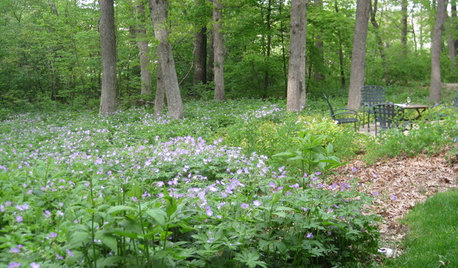
GARDENING GUIDESWe Bust 4 More Native Plant Myths
Have you been taken in by these fallacies about gardening with native plants?
Full Story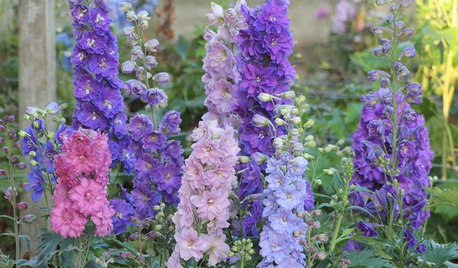
GARDENING GUIDES6 New Plant Varieties That Beat Out Their Parents
With better resistance and fewer demands, these garden beauties are worth a spot on your wish list
Full Story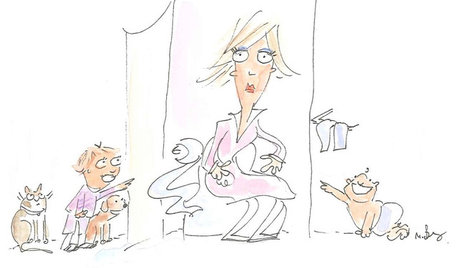
LIFE21 Things Only People Living With Kids Will Understand
Strange smells, crowded beds, ruined furniture — here’s what cohabiting with little monsters really feels like
Full Story
DECORATING GUIDESColor Guide: How to Work With Red
Sizzling or sedate, red is not for the timid. Here's how to use its boldness to make your rooms come alive
Full Story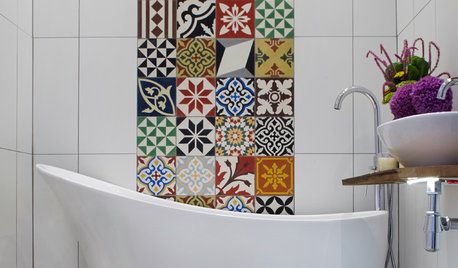
BATHROOM WORKBOOK7 Elements of Modern Mediterranean Bathrooms
Learn how to bring this warm and richly detailed style into your bath with color, lighting and accessories
Full Story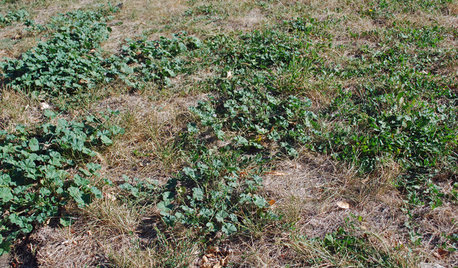
GARDENING GUIDESWeed War: When and How to Use Chemical Herbicides
Before you spray, arm yourself with knowledge about which weed killers — natural or synthetic — are right for your yard
Full Story
ENTERTAININGHouzz Guide: How to Set a Table
Here’s everything you need to know to prep your table for a get-together
Full Story
BATHROOM DESIGNPowder Room Essentials to Keep Guests Happy
Set out these bathroom necessities (hello, hand towels) to make your company comfortable and your parties run smoothly
Full Story
LIFEThe Absolute Right Way to Hang Toilet Paper. Maybe
Find out whether over or under is ahead in our poll and see some unusual roll hangers, shelves and nooks
Full StorySponsored






PeteJ
unautre
Related Professionals
Windham Landscape Architects & Landscape Designers · Bethel Park Landscape Contractors · New Berlin Landscape Contractors · Pomona Landscape Contractors · Gardner Carpenters · Lake Worth Carpenters · Burlington General Contractors · Enfield General Contractors · Grand Junction General Contractors · Mount Vernon General Contractors · Newburgh General Contractors · Norristown General Contractors · Parma General Contractors · Waxahachie General Contractors · West Melbourne General ContractorsCady
PeteJ
albemOriginal Author
socalboo
Thuja
Cady
Thuja
Cady
Cady